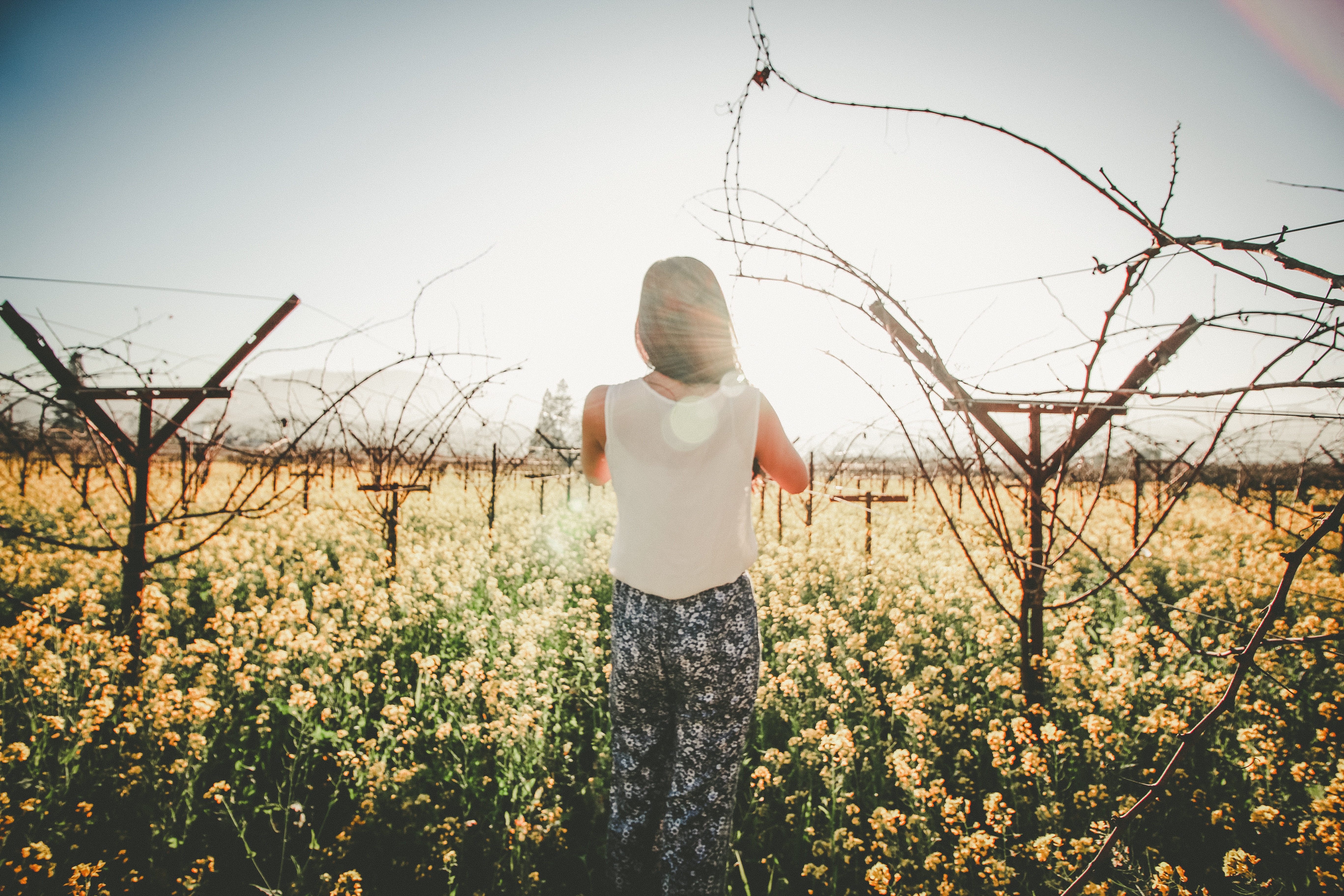
Why You Ahould Avoid ‘Fragrance’ Like the Plague

If you think that “fragrance” in your cleaning and personal products comes from a field of flowers, think again. It could be a toxic chemical brew.
If you get random headaches, itchy skin, or often have bouts of sneezing or coughing that seem to come from nowhere, it might be your body reacting to the panoply of chemicals that are added to our cleaning and personal care products.
Fragrance (aka a bunch of chemicals) are added for reasons of scent only and have nothing to do with improving how well that shampoo or window cleaner works. About 30% of Americans react to artificial fragrances, according to a 2009 study; meaning that one in three of us has a negative reaction strong enough to cause discomfort, all in the name of making products smell “good.”
I put that good in quotes because once you have stepped away from artificial fragrances for awhile, you will probably find them to be really unpleasant when you come across them again. I do, to the point where I find it hard to sleep in sheets that have been treated with dryer sheets or fabric softeners. The fakey smell is nauseating. And I’m someone who loves natural scents like lavender, bergamot and lemon essential oils—I’m not anti-scent, but the real thing only, please.
It’s not just an aesthetic thing. The chemicals that make up the “fragrance” in your shampoo, perfume, deodorant, body scrub, dishwashing liquid, toilet cleaner and laundry soap can also lead to reactions in some people. Because each brand wants to keep its exact scent ingredients a secret, to abide by the law it can just call them all “fragrance.” So consumers have no idea what could be in the bottles that sit in their kitchens and bathrooms—and can’t find out even if they want to.
That’s frustrating, because I really want to know what I’m putting on my body, spraying around my home and washing down my drain, where it will go into the local water supply. But companies hide behind this idea of “trade secrets” so they don’t have to disclose the exact ingredients in their products. And some of these chemicals are nasty.
The group that’s in charge of fragrances, the International Fragrance Association, wants to be able to police itself, and says it doesn’t need government rules to keep people safe. But according to Mother Jones who covered a recent Women’s Voices for the Earth petition:
Well over 1,000 of the listed ingredients, the group reported, also appear on official listings of worrisome chemicals. The United Nations, for instance, has more than one-third of the fragrance chemicals flagged with the word “warning” and explicitly labels 190 of them a “danger.” The International Agency for Research on Cancer, a division of the World Health Organization, lists seven of the ingredients as possible human carcinogens. Fifteen of the chemicals, Women’s Voices noted, are banned from cosmetics in the European Union.
“There’s a real kind of state of ignorance on the part of scientists, on the part of researchers, on the part of consumers, on what is in fragrance and how safe fragrances are for your health,” Alexandra Scranton, director of science and research at Women’s Voices told Mother Jones.
Compliance with even the most basic of safety regulations falls under different government agencies depending on the product. Personal care products are covered by the FDA, while cleaning supplies fall under the Consumer Products Safety Commission. Neither actively tests fragrances and both allow non-disclosure of ingredients that are a part of fragrance.
Your best bet it to avoid products with the mystery-label “fragrance.” Personally, I haven’t used any products with fragrance for years—the smells are just gross on top of being potentially problematic for our own health and the health of the other people and animals in our lives. Why add to the chemical mix we are all already exposed to? If you are missing scent as you clean, you can always add essential oils (or mix them! lemon-peppermint is great for the kitchen!) to your taste.




